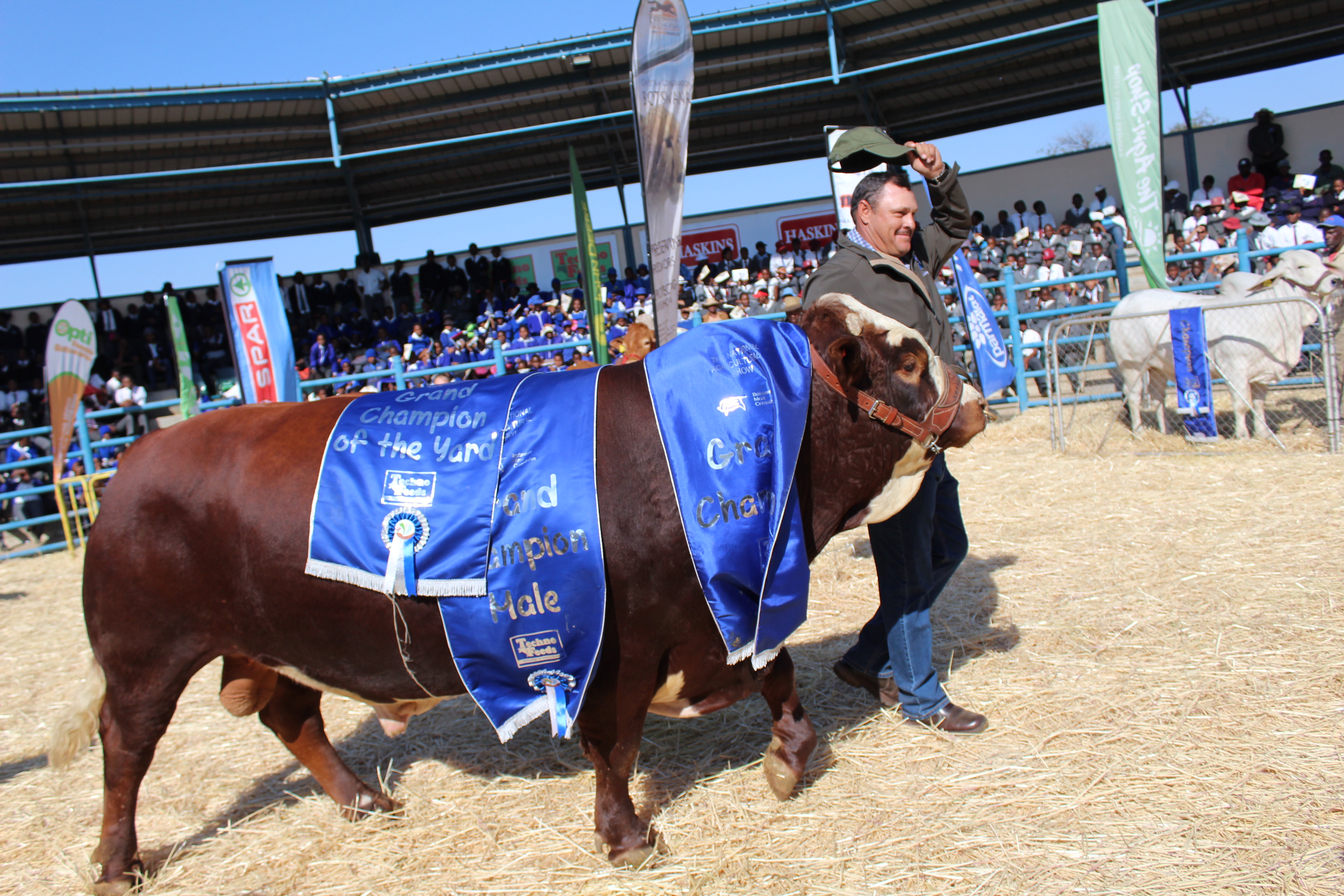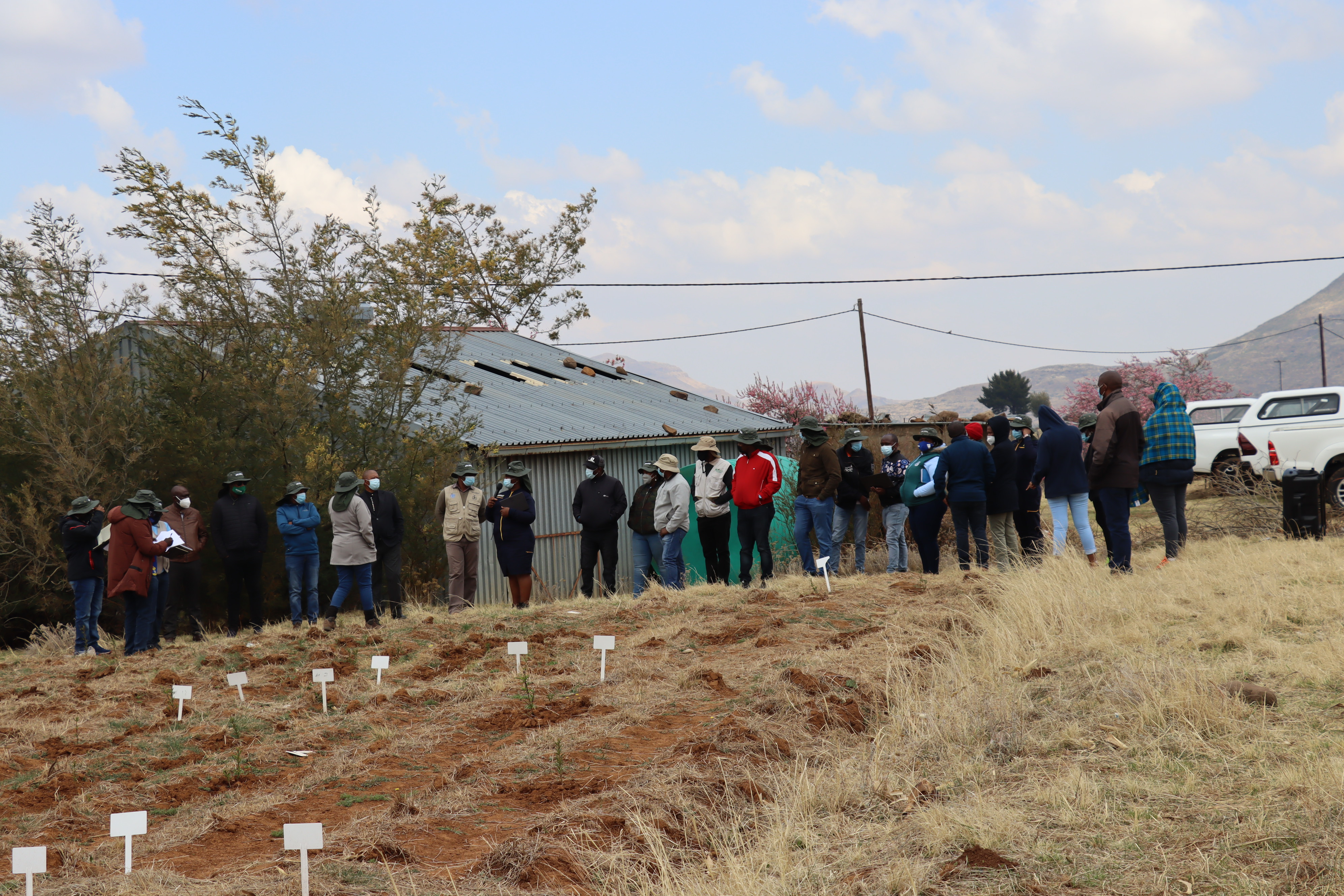HOW TO DO NOTE ON DISSEMINATING MESSAGES THROUGH DIGITAL MEDIA
The use of digital media in collection and disseminating information on various farming technologies and interventions has improved accessibility of information and feedback. It involves the collection and transmission of digitized content through the internet or computer networks and offline mobile applications (app). This includes text, audio, video, and graphics. The Agriv1(agriculture extension application) and Ulimi ndi Nyengo (web-based platform that transmits agriculture advisory services) were rolled out to perform stated actions. The agriculture extension applications and one of the social media platforms, Facebook were used in the dissemination of information through digital media. This form of technology through which information was shared provided end users or project beneficiaries’ easy access to vital information on interventions being implemented by the project.
SAPP Malawi (2003)How To Do Note On Disseminating Messages Through Digital Media








